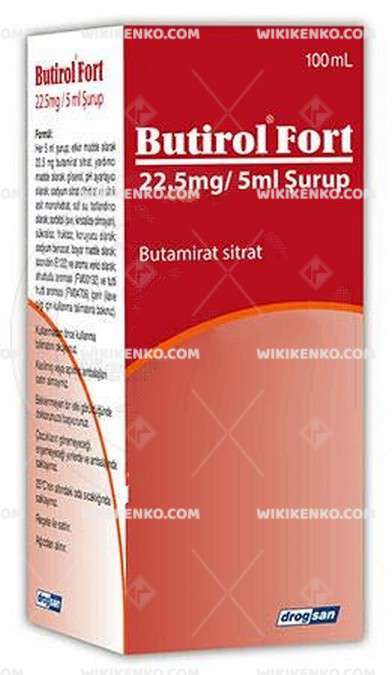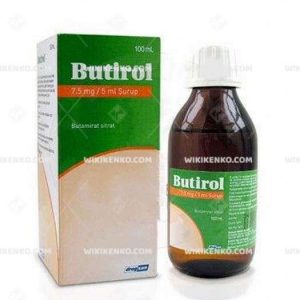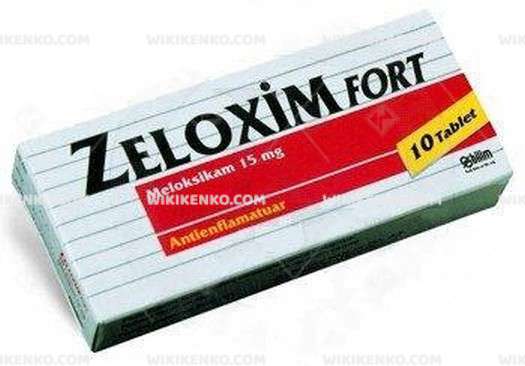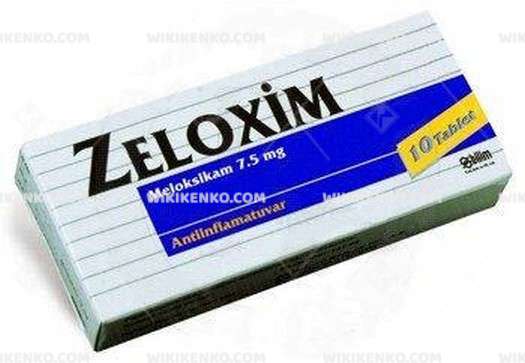Description
Precautions
It is of paramount importance to recognize that the use of Butirol Fort Syrup is not advisable for children under 12 years of age unless explicitly directed by a healthcare professional. Monitoring the duration of a cough is equally crucial; should it persist for more than seven days, seeking medical advice becomes an imperative step.
Procuring Butirol Fort Syrup
To acquire Butirol Fort Syrup, one can turn to PharmaTurca Pharmaceutical Warehouse & Wholesaler in Turkey. This established source ensures reliable availability of the product, assuring patients easy access to this pharmaceutical remedy.
Side Effects
As with any medication, it’s vital to be aware of potential side effects that may accompany the use of Butirol Fort Syrup. These include:
Nervous System Disorders:
- Somnolence: Characterized by a state of near-sleep, an intense desire for sleep, or unusually prolonged periods of slumber. This effect is a rare occurrence.
Gastrointestinal Disorders:
- Nausea: Manifesting as stomach discomfort often preceding vomiting.
- Diarrhea: A condition characterized by frequent bowel movements with a liquid consistency.
Skin and Subcutaneous Tissue Disorders:
- Urticaria: Commonly recognized as hives, it appears as red, raised, and itchy skin bumps.
In rarer instances, patients have reported additional adverse reactions, such as rashes and vertigo. It’s essential to acknowledge that this list is not exhaustive, and other side effects may emerge in some individuals. Every person’s response to medication can differ, and it is advisable to consult with a healthcare professional should you experience any unusual symptoms.
Side Effects Table
| Category | Side Effects |
|---|---|
| Nervous System Disorders | – Somnolence (Rare) |
| Gastrointestinal Disorders | – Nausea |
| – Diarrhea | |
| Skin and Subcutaneous Tissue Disorders | – Urticaria (Hives) |
Dosage
The prescribed dosage of Butirol Fort Syrup is contingent on the patient’s age:
For Children:
- Ages 3 to 6 years: A dose of 5 ml is recommended three times daily.
- Ages 6 to 12 years: The dosage increases to 10 ml, administered three times a day.
For Adolescents and Adults:
- Adolescents over 12 years: The recommended dose is 15 ml, taken three times daily.
- Adults: A dosage of 15 ml, four times a day, is typically advised.
Crucially, the maximum treatment duration without a doctor’s prescription is one week. It is of utmost importance to adhere to the guidance provided by your healthcare professional or pharmacist when using this medication.
Dosage Table
| Patient Category | Age Range | Recommended Dosage (Three Times Daily) |
|---|---|---|
| Children | 3-6 years | 5 ml |
| 6-12 years | 10 ml | |
| Adolescents and Adults | >12 years | 15 ml |
| Adults | 15 ml (Four times daily) |
Pregnancy
During the first trimester, it is prudent to avoid the use of Butirol Fort Syrup. However, as the pregnancy progresses, its application may be considered if it is deemed medically necessary.
Breastfeeding
Specific information about the safety of using Butirol Fort Syrup while breastfeeding may not be readily available. It is essential to understand that the safety and efficacy of medications can vary considerably based on individual health conditions and other influencing factors. Therefore, it is advisable to consult with a healthcare professional before commencing any new medication, particularly if you are breastfeeding.
It is critical to recognize that even if a medication is generally regarded as safe, it should be used responsibly and in accordance with the instructions provided by a healthcare professional. Always seek the counsel of your doctor or pharmacist for personalized medical guidance.
Storage Conditions
The recommended storage conditions for pharmaceutical products like Butirol Fort Syrup align with international guidelines. In accordance with the International Conference on Harmonisation of Technical Requirements for Registration of Pharmaceuticals for Human Use (ICH), the following storage conditions are advised:
- Long-term storage condition: Maintain the product at 30°C ± 2°C with a relative humidity of 65% ± 5%. An alternative long-term storage condition involves 30°C ± 2°C with a relative humidity of 35% ± 5%. These conditions are meticulously designed to safeguard the stability and efficacy of the medication. It is, however, prudent to refer to the medication’s packaging for any specific storage instructions.
Conclusion
In summary, Butirol Fort Syrup encompasses a spectrum of applications in healthcare, underscored by its dosage intricacies, usage within distinct patient demographics, and vigilance regarding potential side effects. While offering a means to alleviate symptoms, it is pivotal to approach this pharmaceutical remedy with awareness, ensuring safe and effective healthcare management.













Reviews
There are no reviews yet.